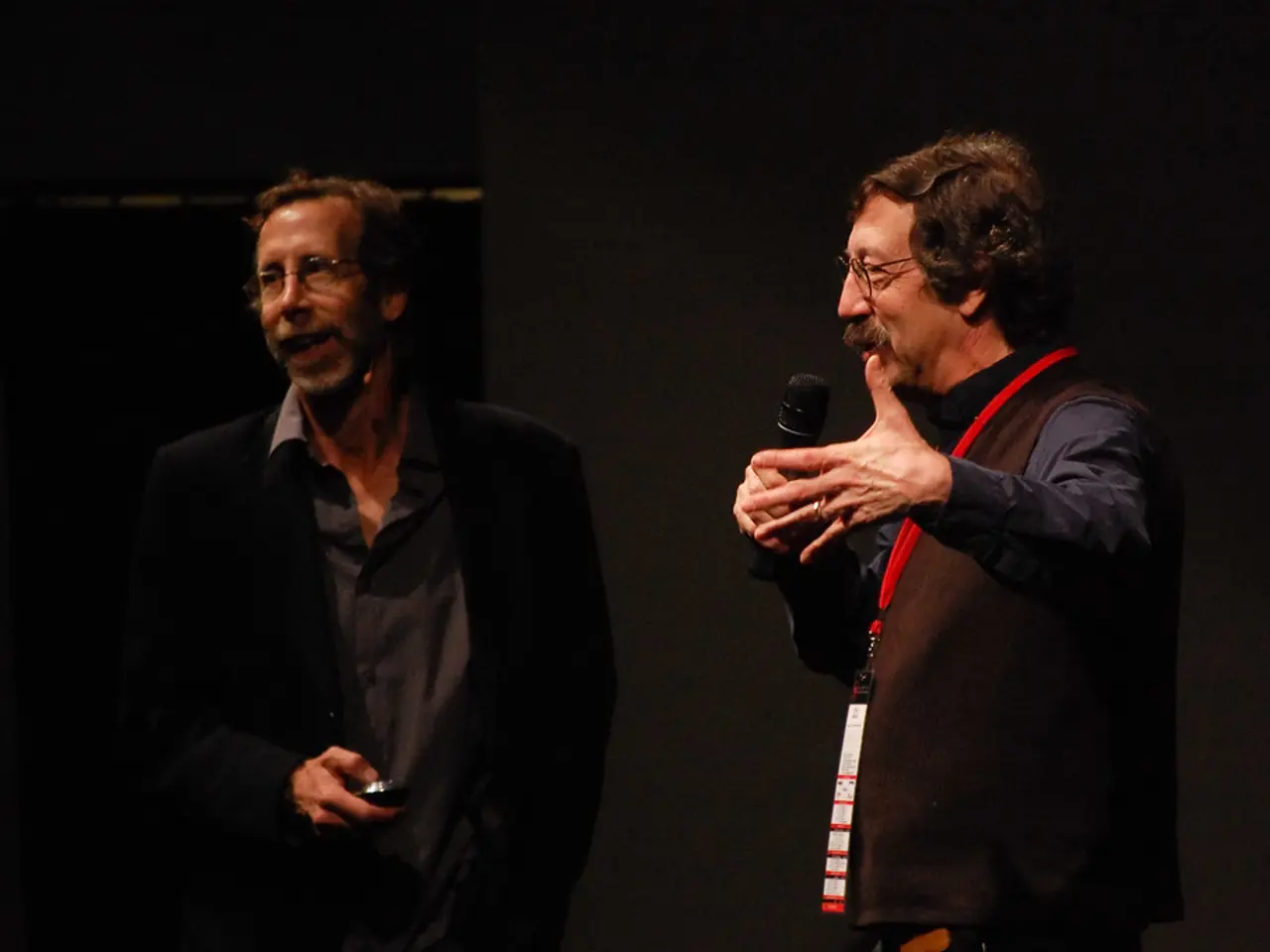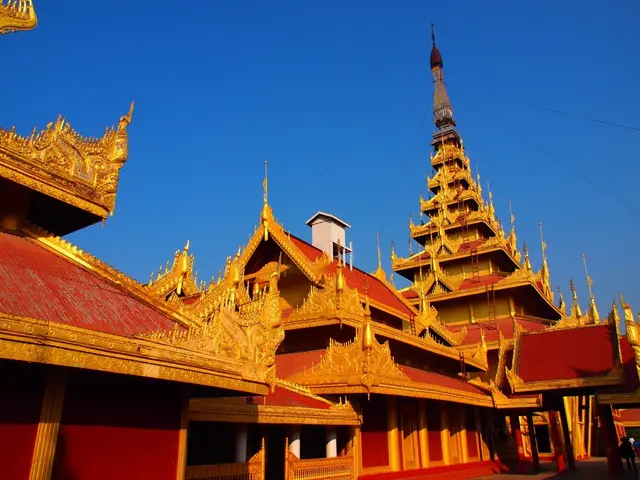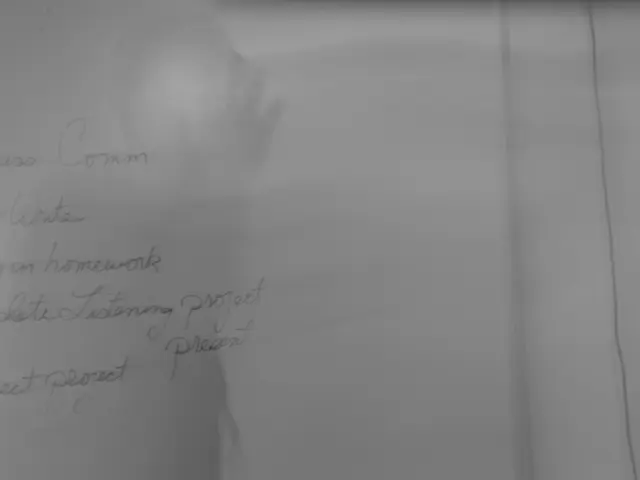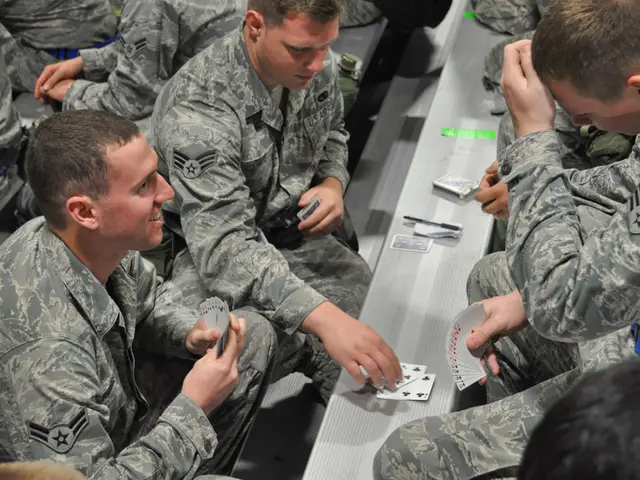India's Prime Minister Modi states that peace proposals were rejected by Pakistan
In a wide-ranging conversation with US podcaster Lex Fridman, Prime Minister Narendra Modi shared insights into his personal journey, governance philosophy, and key international issues.
A Journey Rooted in Service and Democracy
Reflecting on his humble upbringing, Modi spoke about the influence of his association with the RSS, a voluntary organization known for instilling values of social service, a purposeful life dedicated to democratic governance, and pragmatic leadership. He emphasized India’s rich heritage of peaceful coexistence and its positioning on the global stage as a cooperative and peacemaking force.
India's Stance on Pakistan and China
Regarding Pakistan, Modi underscored that India "chose peace" whereas Pakistan "chose proxy war," highlighting persistent challenges with terrorism and cross-border conflict instigated by Pakistan. This encapsulates Modi’s stance of seeking peace but confronting aggressive moves originating from Pakistan.
On China, though the conversation touched on geopolitical tensions, Modi’s remarks focused on the broader context of international relations and the AI race between the US and China, reflecting awareness of technological competition and economic implications without extensive direct commentary on China’s bilateral relationship.
Aspirational Leadership and Resilience
Modi also conveyed a message of resilience and self-confidence to the youth, urging patience as they face life’s challenges, reflecting his people-centric and aspirational leadership style.
Other Key Points
- Modi emphasized that fasting is an essential form of self-discipline and offers numerous benefits.
- The RSS, according to Modi, promotes patriotism, discipline, and national service.
- Modi praised the Election Commission as "neutral and independent."
- Modi discussed India's strong historical and cultural bonds with China but acknowledged ongoing border disputes.
- India has imposed fresh land port restrictions on imports from Bangladesh.
- Modi expressed hope for improved bilateral ties with Pakistan.
- The Indian government has cleared four semiconductor manufacturing units in Odisha, Punjab, and AP with an outlay of Rs 4600 Cr.
- Modi asserted that there can never be a resolution on the battlefield in the Russia-Ukraine war.
- Modi emphasized Gujarat's transformation into a peaceful state since then.
- Modi rejected accusations concerning his role in the 2002 Gujarat riots, emphasizing that thorough judicial investigations had absolved his government.
- Modi hailed US President Trump as a man of courage and a decisive leader.
- Modi described the RSS as "sacred" and attributed much of his life's learning to it.
- Since 2002, Gujarat has seen no communal riots, reflecting Modi's commitment to good governance.
- Modi expressed disappointment with the lack of reforms in international institutions like the UN, urging the global community to shift from confrontation to cooperation.
- Prime Minister Narendra Modi, in a conversation with US podcaster Lex Fridman, condemned Pakistan-sponsored terrorism.
- In relation to international issues, Modi touched upon war-and-conflicts, expressing his stance on the Russia-Ukraine war, stating that there can never be a resolution on the battlefield.
- Modi shared his views on a wide range of topics, including general-news, politics, and policy-and-legislation, in his conversation with US podcaster Lex Fridman, where he also condemned Pakistan-sponsored terrorism.
- Aspiring to encourage resilience and self-confidence among the youth, Modi spoke about his people-centric and aspirational leadership style during the talk with Lex Fridman, while also expressing his commitment to good governance.
- When discussing the topic of crime-and-justice and his role in the 2002 Gujarat riots, Modi rejected any accusations concerning his involvement and pointed out that thorough judicial investigations had absolved his government. Additionally, he emphasized Gujarat's transformation into a peaceful state since then.




